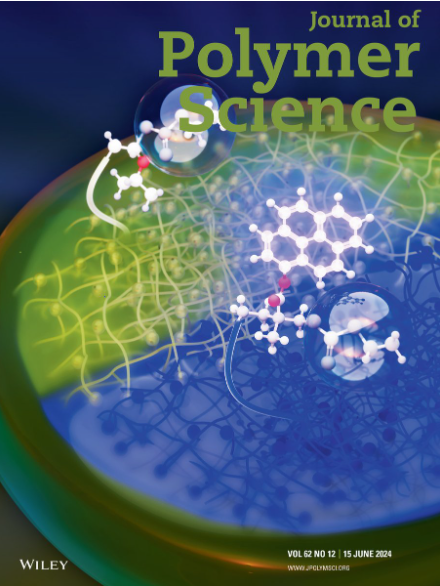
Phd Thesis
Site: Merate (LC)
Duration
3 years
Tutors
Andrea Bianco
Contact
andrea.bianco AT inaf.it
Description
Holographic Optical Elements are becoming widespread devices in different technological fields, such as automotive (lighting systems), augmented reality (smart goggles, displays), astronomical and spectroscopic instrumentation (dispersing elements).
The key element of such devices is the photosensitive material in which the holographic pattern is transferred.
Among the existing materials, photopolymers are at the moment the most interesting and promising ones, thanks to their high light sensitivity, the selfdeveloping feature (they don’t need a wet chemical treatment to obtain the hologram after the light exposure) and to the possibility to widely modify their chemical composition to achieve the target performances.
Holographic photopolymers consist in monomers dispersed in a binder together with a photoinitiator.
Upon light illumination, the polymerization occurs copying the light pattern as a refractive index pattern.
This PhD project aims at developing innovative photopolymers with enhanced performances through the optimization of the writing chemistry, i.e. through the design of new monomers with high refractive index and the selection of appropriate binders.
Different strategies for transferring the pattern, such as direct laser writing and holographic exposure, will be employed and optimized in order to have a high fidelity reproduction of the holographic pattern.
Applications mainly as dispersing elements for astronomical instrumentation will be considered.
The project will be carried out in a dynamic and multi-disciplinary research grou in which the candidate can grow professionally, learning to manage a research project independently and to conduct the related experimental activity.
Different engineering areas will be covered, including polymer science, chemical and physical materials characterization techniques, holographic device design, manufacturing and characterization.
The work is part of a research line funded by the EU through the H2020 – OPTICON-RadioNet PILOT project.
Candidate profile: motivated person with a good background in polymer science and engineering, polymerization reactions, organic chemistry. Skills in the molecular and polymer characterization are welcome.
Crediti immagine: Journal of Polymer Science.
